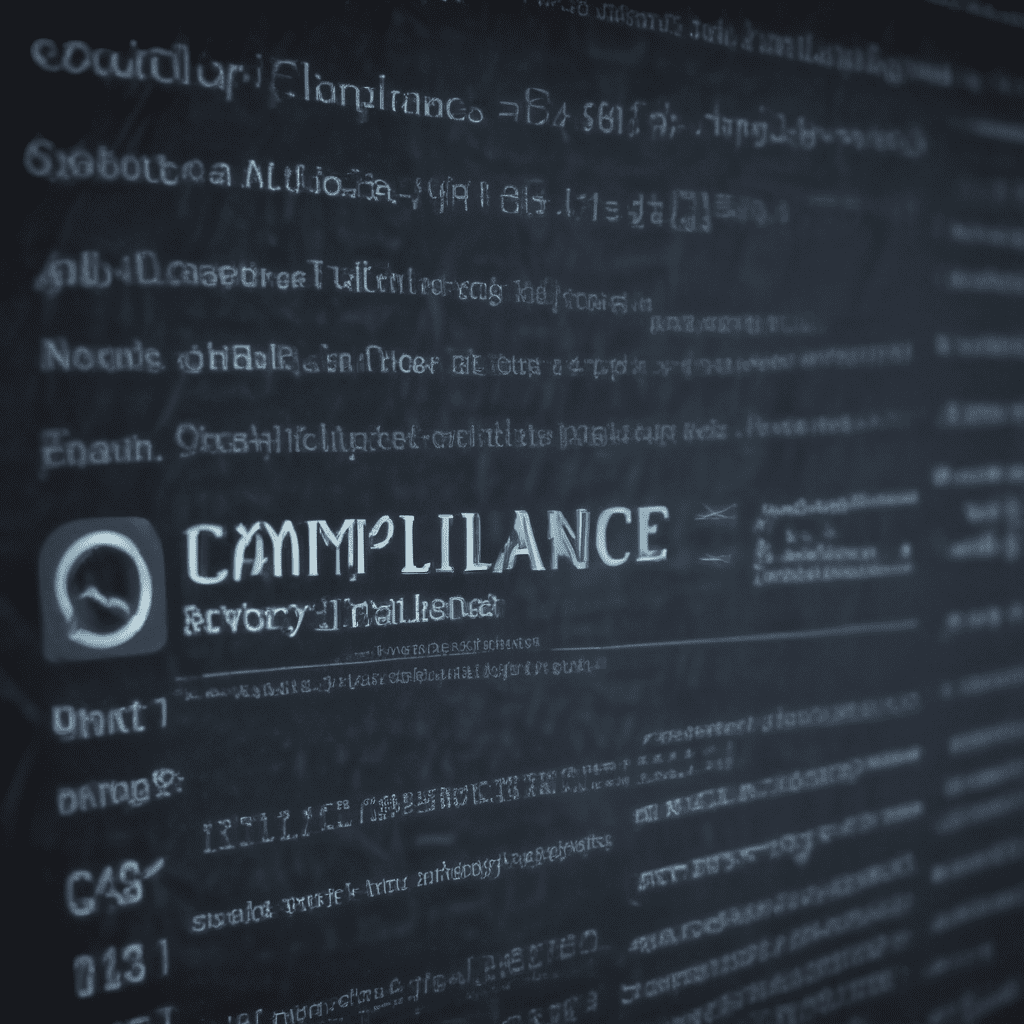
I. Introduction
In the hospitality sector, guest data is a vital asset, providing valuable insights for personalized experiences, improved operations, and enhanced marketing strategies. However, with the increasing prevalence of digitalization and interconnectedness, safeguarding guest data from unauthorized access, misuse, or breaches is paramount. Data privacy plays a pivotal role in fostering trust and ensuring the security of sensitive personal information entrusted to hospitality businesses. This article explores the significance of data privacy in the hospitality sector, highlighting the types of guest data collected, legal and regulatory requirements, essential security measures, and best practices for protecting guest data.
II. The Importance of Data Privacy in Hospitality
Data privacy is essential for the hospitality industry for several reasons:
- Protecting Sensitive Information: Guest data often includes personally identifiable information (PII) such as names, addresses, phone numbers, email addresses, and payment details. Safeguarding this sensitive information is crucial to prevent identity theft, fraud, and reputational damage.
- Maintaining Guest Trust: Guests expect businesses to handle their data responsibly and securely. Breaches of trust can damage a hospitality business's reputation, leading to loss of customers and revenue.
- Legal and Regulatory Compliance: Data protection laws and industry standards mandate businesses to implement appropriate measures to protect guest data.
- Enhanced Service Delivery: By understanding guest preferences and behavior, businesses can personalize experiences, offer tailored recommendations, and enhance overall service quality.
VI. Data Breaches and Incident Response
Data breaches can occur despite implementing robust security measures. Establishing a comprehensive incident response plan is crucial for managing data breaches effectively. This plan should include steps for:
- Detection and Assessment: Promptly identifying and assessing the nature and scope of a data breach.
- Notification: Timely informing affected guests and regulatory authorities as required by law.
- Containment and Mitigation: Isolating the affected systems and taking measures to prevent further data loss.
- Investigation: Thoroughly investigating the causes of the breach and identifying areas for improvement.
- Recovery: Restoring affected systems and data, and implementing additional security measures to prevent similar incidents.
VII. Guest Consent and Transparency
Obtaining guest consent for data collection and use is essential for building trust and meeting legal requirements. Hospitality businesses should:
- Provide Clear Notice: Inform guests about the types of data collected, the purpose of its use, and the parties it may be shared with.
- Obtain Explicit Consent: Secure unambiguous consent from guests before collecting and processing their personal data.
- Respect Guest Preferences: Allow guests to opt out of data collection or customize their privacy settings.
- Maintain Transparency: Openly communicate privacy policies and practices to guests, fostering understanding and trust.
VIII. Data Retention and Disposal
Responsible data management includes adhering to retention periods for guest data. Once data is no longer necessary for business operations or legal requirements, it should be securely disposed of. This involves:
- Establishing Retention Policies: Determining appropriate retention periods for different types of guest data based on business needs and legal requirements.
- Secure Disposal: Utilizing secure methods such as data erasure or anonymization to permanently remove sensitive guest information.
- Regular Data Audits: Regularly reviewing data retention practices to ensure compliance and identify any outdated or unnecessary data.
IX. Best Practices for Data Privacy in Hospitality
Implementing robust data privacy practices includes:
- Conducting Privacy Impact Assessments: Evaluating the privacy implications of new technologies or data initiatives.
- Training Staff: Educating employees on data protection policies and best practices.
- Using Data Minimization: Collecting only the necessary data and minimizing data retention periods.
- Adopting Privacy-Enhancing Technologies: Employing encryption, tokenization, and other technologies to protect guest data.
- Establishing a Data Privacy Officer: Appointing a dedicated individual responsible for data privacy compliance and oversight.
X. Conclusion: The Benefits of Data Privacy in Hospitality
By prioritizing data privacy, hospitality businesses can reap significant benefits:
- Enhanced Guest Trust: Guests feel secure entrusting their personal information, leading to increased loyalty and positive word-of-mouth.
- Improved Compliance: Adhering to data protection laws and industry standards reduces the risk of legal penalties and reputational damage.
- Competitive Advantage: Demonstrating a commitment to data privacy sets hospitality businesses apart from competitors and attracts privacy-conscious guests.
- Business Growth: Effective data privacy practices foster trust, drive guest satisfaction, and contribute to business growth and profitability.
Frequently Asked Questions (FAQs)
Q: What are the potential consequences of a data breach in the hospitality industry?
A: Data breaches can result in identity theft, financial fraud, reputational damage, and legal consequences.
Q: How can guests protect their data when staying at a hotel?
A: Guests can use strong passwords, be cautious when connecting to public Wi-Fi networks, and review privacy policies before providing personal information.
Q: What should hospitality businesses do to comply with data protection laws?
A: Businesses should implement robust data security measures, obtain guest consent, establish data retention policies, and train staff on data privacy best practices.


